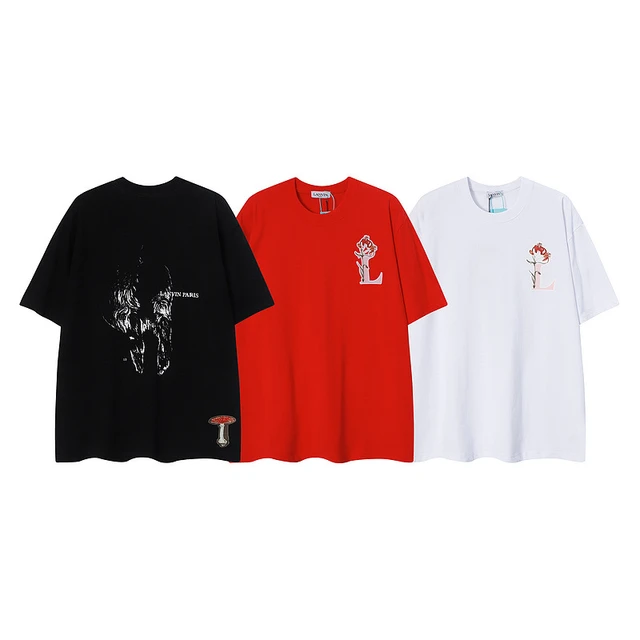
Introduction
Lanvin, one of the oldest and most prestigious French fashion houses, has been known for its timeless elegance and exquisite craftsmanship.
In recent years, the brand has demonstrated a commitment to sustainability by incorporating eco-friendly practices into their production processes, including their line of women’s shirts.
This transition towards sustainability reflects not only the changing consumer preferences but also Lanvin’s dedication to responsible luxury.
1. Sustainable Fabrics and Materials
A significant stride in Lanvin’s sustainable approach is evident in the choice of materials used in their women’s shirt collections.
The brand has embraced organic cotton, linen, and recycled polyester as alternatives to traditional fabrics that have higher environmental impacts.
Organic cotton, for instance, reduces water usage and eliminates harmful pesticides from the cultivation process.
Recycled polyester contributes to the reduction of plastic waste by repurposing PET bottles into high-quality threads.
Moreover, Lanvin has started experimenting with innovative textiles like Tencel (Lyocell), derived from sustainably sourced wood pulp, which offers a closed-loop production process minimizing waste and chemical pollution.
2. Eco-Conscious Production Processes
Lanvin is committed to reducing the ecological footprint of its manufacturing processes.
They’ve implemented energy-efficient methods and technologies in their factories, aiming to minimize energy consumption and greenhouse gas emissions.
Additionally, they’re working closely with suppliers who adhere to strict social and environmental standards, ensuring fair labor conditions and minimizing waste at every stage of production.
3. Transparency and Traceability
The brand has taken steps towards transparency by tracing the origins of the materials used in their shirts.
By partnering with certified supply chains and using blockchain technology,
Lanvin can assure customers that their products are made from responsibly sourced raw materials.
This level of traceability allows consumers to understand the entire lifecycle of the garment, from fiber to finished product.
4. Circular Economy Approach
Lanvin is exploring circular economy strategies to ensure the longevity and recyclability of their shirts.
They encourage repairing, reusing, and recycling by designing pieces that are durable and versatile, allowing them to transcend trends and seasons.
Furthermore, they are exploring ways to collect and recycle old garments through take-back programs or partnerships with textile recycling companies.
5. Limited Editions and Slow Fashion
As an alternative to fast fashion, Lanvin is embracing slow fashion principles, creating limited edition runs and focusing on timeless designs rather than season-specific collections.
This approach promotes a more thoughtful consumption pattern and reduces overproduction, thereby decreasing potential waste.
6. Conscious Packaging
Even the packaging of Lanvin’s women’s shirts adheres to sustainable guidelines.
They are moving away from single-use plastics and instead opting for biodegradable, compostable, or reusable packaging materials.
This conscious effort extends to their shipping boxes and garment bags, contributing to a reduced carbon footprint.
7. Collaborations and Partnerships
Lanvin collaborates with various organizations and initiatives dedicated to sustainability in fashion.
These collaborations help the brand stay informed about new advancements and best practices while actively contributing to the industry’s move towards sustainability.
In conclusion, Lanvin’s incorporation of sustainability into their line of women’s shirts is multi-faceted and progressive.
From material sourcing to end-of-life solutions, the brand is demonstrating a genuine commitment to transform the way luxury fashion operates within the parameters of sustainability.
While there’s always room for further improvement, Lanvin’s efforts set an example for other high-end brands looking to embrace environmentally friendly and socially responsible practices without compromising on quality and style.